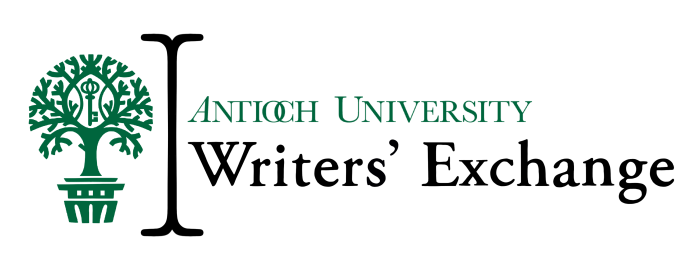Dissertation Overview
The traditional dissertation is organized into 5 chapters and includes the following elements and pages:
- Title page (aka cover page)
- Signature page (aka committee page but without signatures)
- Copyright page (strongly recommended to protect your scholarship)
- Abstract (We’ll emphasize spending quality time refining the abstract as it’s widely read)
- Dedication page (optional)
- Acknowledgments page (optional, but highly recommended)
- Table of Contents (We’ll recommend that you use auto formatting with Word headings)
- List of Tables (if applicable)
- List of Figures (if applicable)
- Dissertation Body, 5 Distinct Chapters:
- Chapter I: Introduction
- Chapter II: Review of Literature
- Chapter III: Methodology (Research Design & Methods)
- Chapter IV: Presentation of Research (Results)
- Chapter V: Summary, Implications, Conclusions (Discussion)
- Footnotes (if separate from dissertation)
- References
- Bibliography (rare but valuable for other researchers – ask your chair)
- Appendix (can include consent forms and other research documents)
Chapter Breakdown:
The following outline is designed to give you an idea of what might be included in various dissertation chapters. It is offered as suggested elements gleaned from AU dissertation handbooks. Your particular program might have other expectations of the chapter titles and its sections.
Chapter I: Introduction
- Introduction
- Background of the Problem
- Statement of the Problem
- Purpose of the Study
- Research Questions
- Significance of the Study
- Definition of Terms
- Assumptions, Limitations, and Delimitations
- Conclusion
Chapter II: Review of the Literature
- Introduction
- Search Description
- Conceptual or Theoretical Framework
- Review of Research (organized by variable or themes)
CHAPTER III: RESEARCH METHOD (or METHODOLOGY) (Qualitative)
- Introduction
- Research Design
- Research Questions
- Setting
- Participants
- Data Collection
- Data Analysis
- Conclusion
CHAPTER III: RESEARCH METHOD (or METHODOLOGY) (Quantitative)
- Introduction
- Research Design
- Research Questions and Hypotheses
- Population and Sample
- Instrumentation
- Data Collection
- Data Analysis
- Conclusion
CHAPTER III: RESEARCH METHOD (or METHODOLOGY) (Mixed)
- Introduction
- Research Design
- Research Questions and Hypotheses
- Setting and Sample
- Data Collection
- Data Analysis
- Conclusion
CHAPTER IV: PRESENTATION OF RESEARCH (or RESULTS)
- Introduction
- Findings (organized by Research Questions or Hypotheses)
- Conclusion
CHAPTER V: SUMMARY, IMPLICATIONS, and OUTCOMES (or DISCUSSION)
- Introduction
- Summary of Findings
- Conclusions (organized by Research Questions or Hypotheses)
- Discussion
- Suggestions for Future Research
- Conclusion

